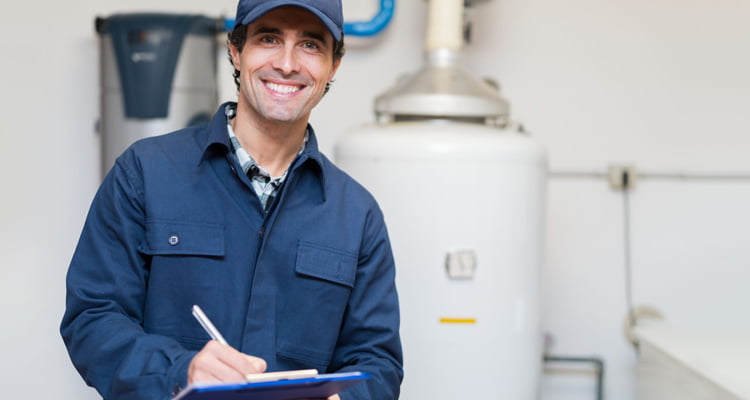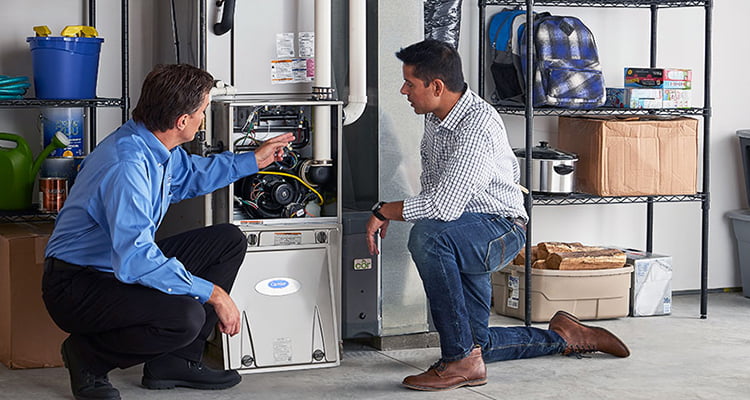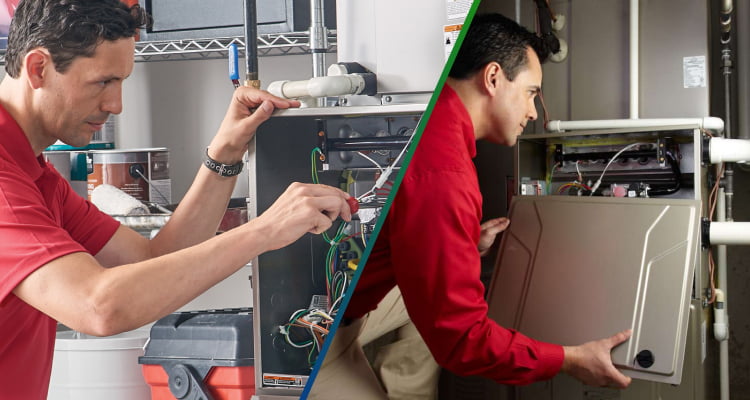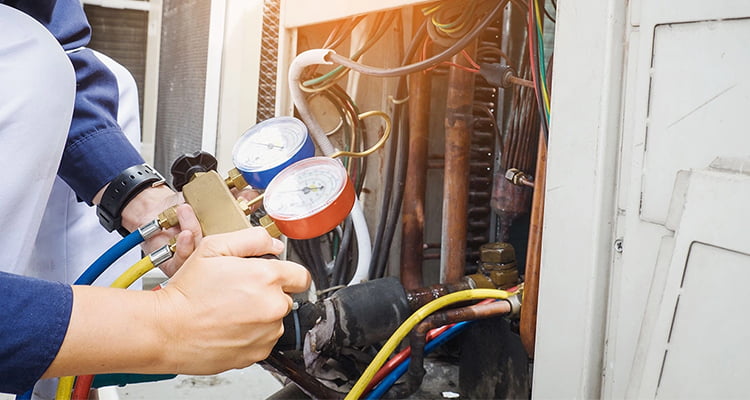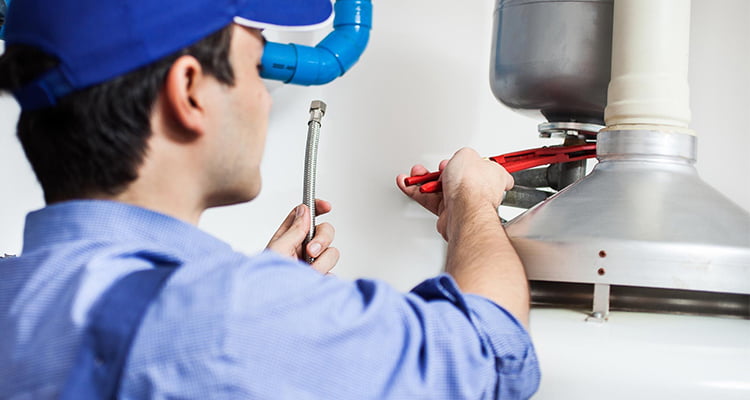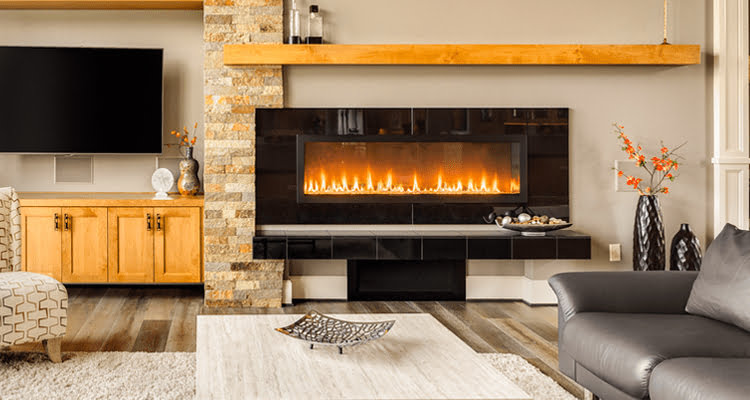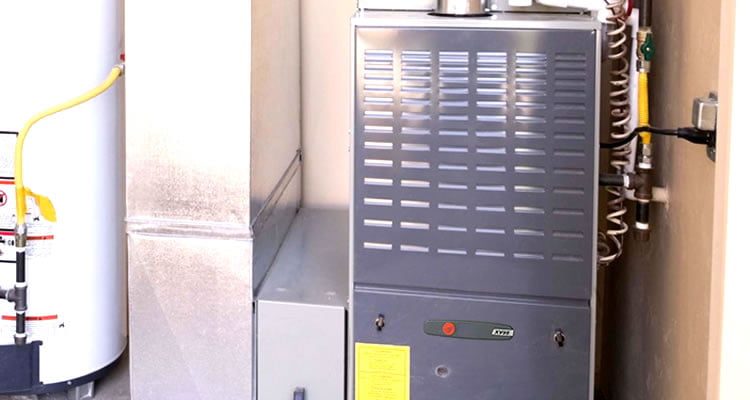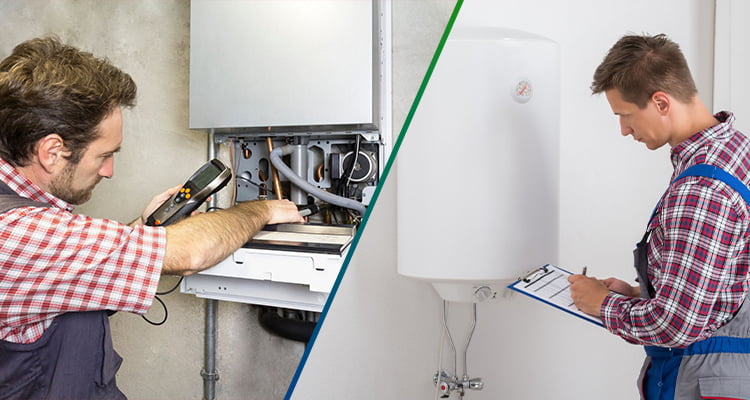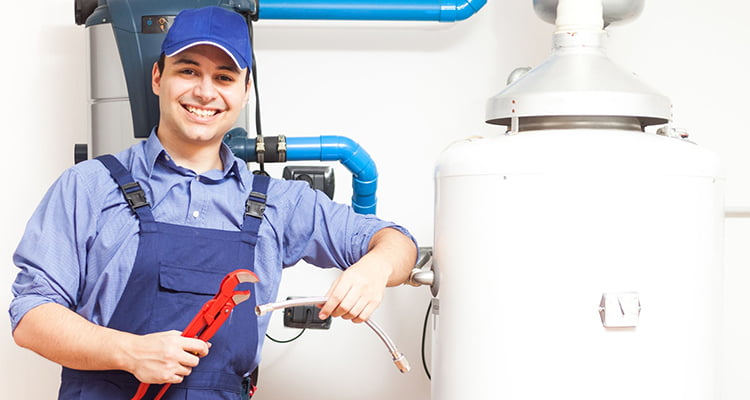As homeowners, we’re always on the lookout for ways to enhance the comfort and coziness of our living spaces. One often overlooked yet highly rewarding addition to any home is a gas fireplace. These marvels of modern heating not only elevate the ambiance of your home but also offer a host of practical benefits.
However, navigating the world of gas fireplaces can be overwhelming. That’s where the expertise of an HVAC contractor comes in handy. In this comprehensive guide, we’ll explore the myriad benefits of gas fireplaces and why they’re a smart investment for your home.
Understanding The Appeal Of Gas Fireplaces
Gas fireplaces have gained immense popularity in recent years, and for good reason. Unlike traditional wood-burning fireplaces, gas fireplaces offer convenience, efficiency, and versatility. With just the flip of a switch, you can enjoy instant warmth and ambiance without the hassle of chopping wood or cleaning up ash.
Plus, gas fireplaces come in a variety of styles and designs to complement any aesthetic preference, from sleek and modern to rustic and traditional.
Additionally, gas fireplaces provide a consistent and controllable heat source, allowing for a more comfortable and enjoyable living environment throughout the colder months.
Energy Efficiency And Cost Savings
One of the most compelling reasons to invest in a gas fireplace is its energy efficiency. Unlike wood-burning fireplaces that lose much of their heat through the chimney, gas fireplaces provide consistent warmth with minimal heat loss. This translates to lower energy bills and reduced environmental impact.
Additionally, many gas fireplaces are equipped with thermostatic controls, allowing you to adjust the heat output to your desired comfort level, further maximizing energy savings.
Moreover, the precise control over temperature offered by gas fireplaces ensures that you can maintain a cozy atmosphere without unnecessary energy waste.
Clean And Low-Maintenance Heating Solution
Gone are the days of hauling logs and cleaning out ash pits. Gas fireplaces offer a clean and low-maintenance heating solution that requires minimal upkeep. With no ash or soot to contend with, you’ll spend less time cleaning and more time enjoying the warmth and ambiance of your fireplace.
Plus, gas fireplaces eliminate the need for chimney cleaning and inspections, saving you time and money on maintenance costs. Additionally, the absence of airborne particles from burning wood contributes to better indoor air quality, promoting a healthier home environment for you and your family.
Enhanced Safety Features
Safety is paramount when it comes to heating your home, and gas fireplaces are equipped with a range of safety features to provide peace of mind. From automatic shut-off valves to built-in carbon monoxide detectors, gas fireplaces are designed with safety in mind.
Additionally, gas fireplaces pose less risk of fire hazards compared to wood-burning alternatives, making them a safer choice for families with children and pets.
Moreover, modern advancements in technology have further enhanced the safety of gas fireplaces, with features such as flame failure devices and oxygen depletion sensors ensuring optimal performance and peace of mind for homeowners.
Versatility And Flexibility
Whether you’re looking to heat a single room or multiple areas of your home, gas fireplaces offer unparalleled versatility and flexibility. With direct vent and vent-free options available, you can install a gas fireplace virtually anywhere in your home, without the need for a chimney or flue.
Also, many gas fireplaces can be customized with features such as remote controls, adjustable flame settings, and decorative media to suit your individual preferences.
Additionally, the efficient heat distribution of gas fireplaces ensures consistent warmth throughout your living space, eliminating cold spots and maximizing comfort during the chilly seasons.
Also Read: Gas Fireplace Odours: Causes And Solutions
About Pro West Heating And Air Conditioning
At Pro West Heating And Air Conditioning, we’re dedicated to helping homeowners achieve optimal comfort and efficiency in their homes. With years of experience in the HVAC industry, our team of skilled technicians specializes in the installation, maintenance, and repair of gas fireplaces. We take pride in delivering exceptional service and unparalleled expertise to our clients, ensuring their complete satisfaction every step of the way.
Contact us today to learn more about how a gas fireplace can enhance your home or to schedule a consultation with one of our knowledgeable HVAC contractors.

